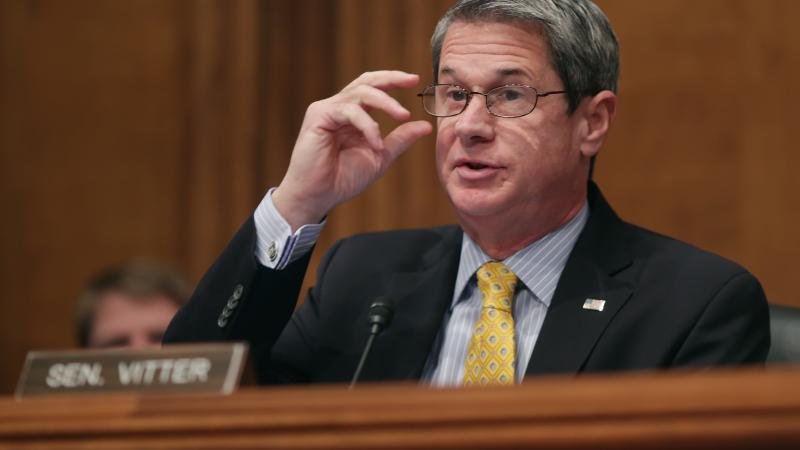Maine puts law limiting super PAC contributions on hold
The plaintiffs argue that the voter-imposed limits on campaign contributions will have a chilling effect on free speech among individuals and groups looking to contribute to their efforts.
(The Center Square) — Maine has agreed to temporarily suspend a new voter-approved law limiting contributions to super PACs in response to a lawsuit challenging the constitutionality of the new requirements.
Question 1, one of four referendums approved by Maine voters in the Nov. 5 elections, sets a new limit of $5,000 for contributions to independent expenditure groups that spend money independently to support or defeat candidates in federal, state and local elections. The bipartisan measure was approved by nearly 74% of Maine voters, according to state election results.
The Institute for Free Speech challenged those limits in court, filing a lawsuit on behalf of the conservative political action committee Dinner Table Action, a super PAC that funds mostly Republican candidates and causes. The plaintiffs argue that the voter-imposed limits on campaign contributions will have a chilling effect on free speech among individuals and groups looking to contribute to their efforts.
However, an agreement approved by U.S. Magistrate Court judge Karen Frink Wolf suspends enforcement of the new law until May 30, 2025, as the legal challenge plays out in court.
Institute for Free Speech Senior Attorney Charles “Chip” Miller praised the agreement to temporarily suspend the law, saying it "avoids expenses necessary to obtain a temporary restraining order, an expense that Maine would ultimately bear when we prevail."
"The ballot initiative goes against well-established legal precedent and unconstitutionally limits the speech of Mainers and their ability to participate in the political process," Miller said in a statement.
Backers of Question 1 say the limits are aimed at improving transparency in political fundraising. This is in the wake of the U.S. Supreme Court's 2010 Citizens United ruling, which cleared the way for corporations and unions to pay for political ads made independently of candidates’ campaigns. The high court ruled that corporations and labor unions have a First Amendment right to political expression.
But Dinner Table Action, which raised and spent more than $375,000 for Maine candidates in the 2024 election cycle, argues in legal filings that its donors have privately confided that they won't be interested in contributing to the super PAC if their names were disclosed publicly, as required by the law.
"The act would severely impair Dinner Table Action’s ability to successfully and fully communicate its election-related views, and severely impair Dinner Table Action’s ability to associate with its donors, including Plaintiff For Our Future and its donors, as it limits the amount of money that Dinner Table Action has available to speak by limiting and dissuading contributions," the plaintiff's lawyers wrote.














